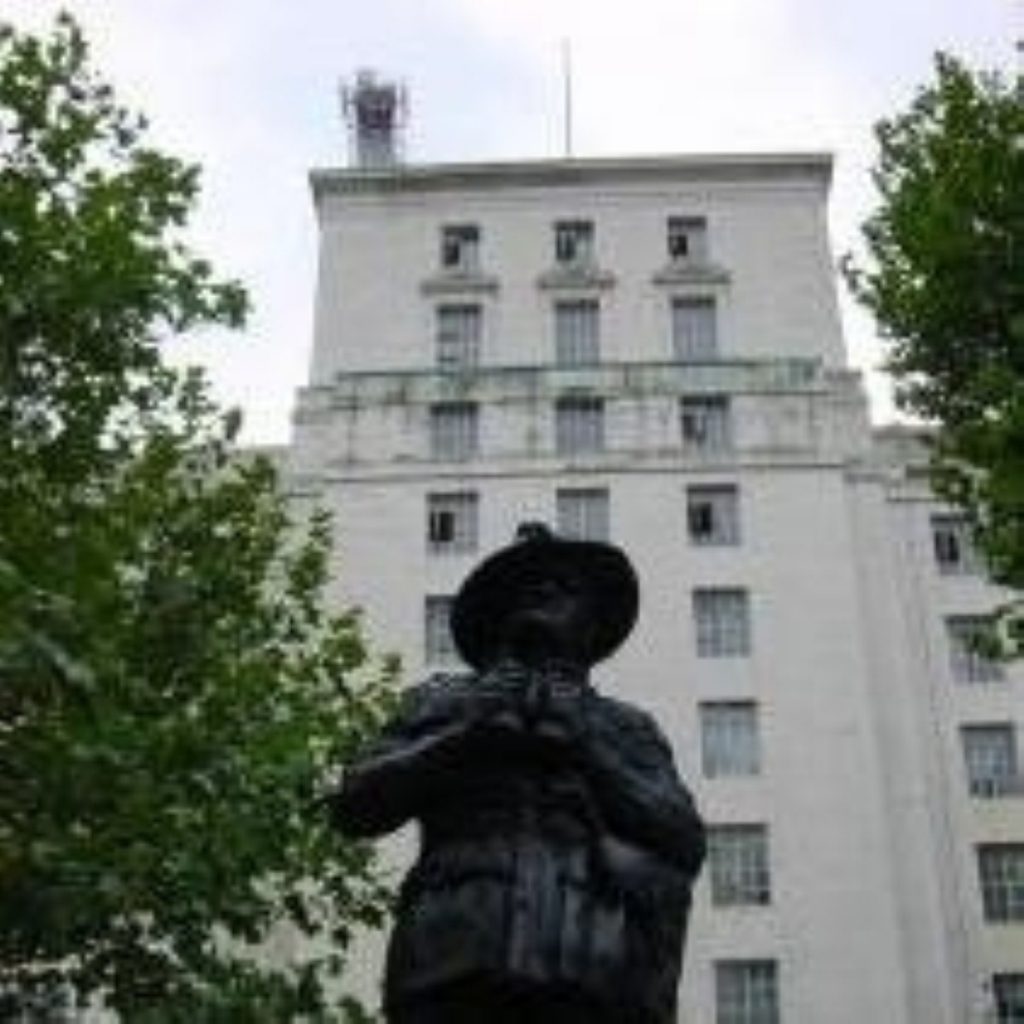Confusion over British soldiers killed in Iraq
The Ministry of Defence is continuing its investigation into the deaths of six soldiers, shot by local residents in southern Iraq.
Confused reports are circulating about the killings. Some Iraqis in the town of Al Majar al-Kabir claim that the men were shot after weapons searches by British troops enraged locals.
The Ministry of Defence, however, insists that the men were executed on Tuesday in cold blood and has condemned the deaths as ‘unprovoked murder’.
The Government states that it could be days before it is clear how the soldiers died. There are no surviving British witnesses to the attack.


Reports from the region suggest that there was an armed stand-off between local residents and the soldiers after a demonstration against weapons searches erupted into violence. Local witnesses say that the British troops fired rubber bullets to disperse the crowd or fired back using live ammunition.
Two of the men appear to have been killed outside a police station in the town. The other four are believed to have retreated inside and attempted to defend themselves during a fierce gun battle with a mob of around 300 outside.
The Army has confirmed it was carrying out searches for illegal weapons in the Iraqi town, but stated that no searches were carried out on the day of the shootings.
Troops allegedly used sniffer dogs during searches. Shia Muslims regard dogs as offensive because they are unclean.
Residents of the town said that the searches had been ‘intrusive’ and complained that soldiers had rifled through women’s clothing.
Military officials are now meeting with local tribal leaders in southern Iraq in a bid to defuse the tense situation.
Defence Secretary Geoff Hoon has suggested that thousands more troops may be sent out the Gulf to curb violence.
An army spokesman said: ‘We are aware of the differing reports and we are trying to find all these witnesses.
‘We are having to build a picture of what happened and the whole sequence of events.’
The MoD has denied reports that British officers had given people a 48-hour ultimatum to hand over the guilty men.
The six dead men were named as Sergeant Simon Alexander Hamilton-Jewell, 41, from Chessington, Surrey; Corporal Russell Aston, 30, from Swadlincote, Derbyshire; Corporal Paul Graham Long, 24, from Colchester; Corporal Simon Miller, 21, from Tyne and Wear; Lance Corporal Benjamin John McGowan Hyde, 23, from Northallerton, North Yorkshire; and Lance Corporal Thomas Richard Keys, 20, from Llanuwchllyn, near Bala, north Wales.
The six deaths represent the biggest loss to UK forces through hostile fire during the Iraq conflict.

